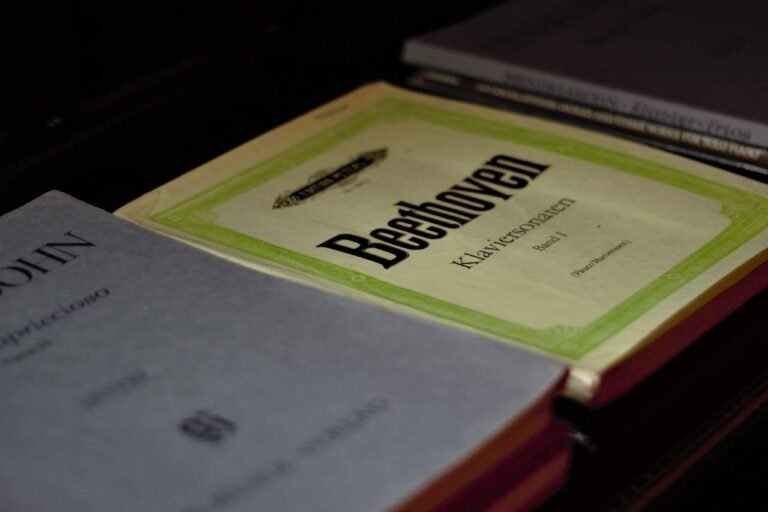Is your thinking time disappearing?
“Your ten-seconds thinking time starts now……….”
The mantra of many a quiz master. Whether the ultimate prize is one million pounds, or just a round of drinks in the local pub.
But how often have you seen a quiz contestant wince with annoyance in missing out on their prize, when they are told the answer to the question they really knew all along, but didn’t have enough time to stop and think about?
Of course, quizzes are usually just a bit of fun, so the disappointment of missing out on getting an answer right fades quickly (unless you’re the super-competitive type!). However, stop and ask yourself this: is the amount of thinking time TV quiz contestants are given becoming unconsciously ingrained within the worlds of business and education and if so, what prizes are you missing out on?
Every day thinking
Thinking up a solution to a new problem is a daily scenario for many of us. And in a fast moving world, the time pressure to find one can be huge.
Whilst you often have longer than the quiz master’s ten-seconds, knowing that you are up against a deadline whilst juggling other competing work and life demands might make you react as though you are constantly up against the quiz countdown clock.
Where an answer to a problem doesn’t come into your head immediately, is there a tendency to think harder for a solution, or race ahead of yourself to find a makeshift solution in time? Doing so again and again can put immense pressure and fatigue on both mind and body, with the risk that ultimately they too become timed out by the quiz bell and it becomes too late to undo the mental and physical damage done.
Allowing… not thinking harder
Making a habit of ‘thinking harder’ doesn’t necessarily produce good outcomes. In a quiz situation, we rely on our memory recall to help us retrieve an answer. But that relies on what’s sitting in your subconscious …and so the answer usually appears naturally, ‘as if by magic’, rather than you having to physically ‘dig the answer’ out of your head.
In a work or study scenario, finding an answer to something isn’t always like a quiz. Yes, there will be times where your memory recall helps with a question, but there’s often more involved. Analysis, logic, common sense and careful, considered thought.
If you subconsciously approach dealing with each work question or problem in the same way as a TV quiz, with the quiz timer at the back of your mind pressing for the quickest answer possible, it makes it hard, if not impossible, for your brain to function effectively. Just as lifting too heavy a weight can cause a slipped disc, putting too much pressure on the brain can result in fatigue and ultimately, burnout.
What the brain really needs, is to be allowed the space it requires to do the thinking for you.
Creating space
In a quiz against the clock, you don’t have the luxury of being able to step outside for a while to allow your brain time to do a deeper dive of your memory and analytical banks. But in a work or study scenario, it is absolutely essential that your brain not only has the time, but also the freedom to work in a way that allows it to analyse facts and process and produce coherent ideas which can be moulded into solutions, or options.
How often does a seemingly impossible problem become easier for you by sleeping on it, taking time out for a break, or getting a breath of fresh air? Detaching yourself from the subconscious pressure of trying to ‘think up’ a solution immediately will often give the brain the space and freedom that it craves to function properly.
Technology – the good and bad
When under time pressure, technology can often assist with finding facts or analysis, be it through time saving software, or a search engine. But the problem with always relying on what you find through a search to help you find quick solutions, is that you can covertly get sucked into the habit of never thinking for yourself, or never really analysing whether what you have found and read makes sense, is correct, or might be biased.
Consequently, there is a risk that you never allow your brain the real time and freedom that it needs to digest information fully and apply it to any given scenario. Our brains need exercise just as much as our bodies to function well, but if you rely on technology all the time to give you the answers, over time, your analytical and other thinking skills that are crucial to effective working and communication could rapidly deteriorate.
Allow yourself the time to cultivate real growth
It’s no coincidence that some of the worst decisions and biggest mistakes are made as a result of not stopping and taking the time to think.
Programme a computer to do something and it will need its own time to process the task. Asking a human to do something needs the space for our incredible human computer, the brain, to process the task…. in its own time.
Understanding this simplicity can allow you to approach your work & studies more effectively. It can also provide the thinking space that is needed to plan and cultivate creative, imaginative and innovative ideas & solutions. The well conceived ideas and solutions that ultimately create real growth individually, for the businesses we work in and for the wider communities in which we live and which we share.








